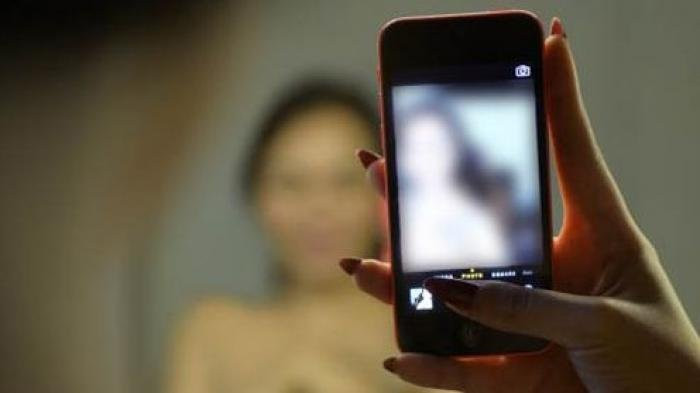Popular Reads
Top Results
Can't find what you're looking for?
View all search resultsPopular Reads
Top Results
Can't find what you're looking for?
View all search resultsSurviving via 'VCS': Indonesians turn to virtual sex work amid COVID-19
Offering virtual sex services has been a life raft for some unskilled Indonesians who lost their jobs over the past year.
Change text size
Gift Premium Articles
to Anyone
F
or the last two years, Bella Amel (not her real name*), a 23-year-old who lives in Bandung, West Java, had enjoyed steady work as an assistant at a local event organizer. She made around Rp 1.5 million (US$104) a month, just enough to support her mother and younger sister.
But then along came COVID-19.
At first, she didn’t take the virus seriously and thought it would be gone soon. But when the government started to impose restrictions and lockdowns in parts of the country, Bella realized the seriousness of the situation.
Just one month after President Joko Widodo announced Indonesia’s first two COVID-19 cases last March, offline events were banned in hopes of containing the virus and the company where Bella worked started losing business. With only a high school diploma, Bella also lost her job.
“I don’t have any other skills, and I don’t know where to look for jobs,” she said.
She took her frustration to Twitter before a friend told her about “an easy job with easy money”. That was when Bella learned about virtual sex services, locally dubbed “video call sex” (VCS).
“Basically, you just promote yourself on Twitter, pose in sexy clothes and wait for clients to text you,” said Bella. “Of course, you have to hide your identity first.”
Your Opinion Matters
Share your experiences, suggestions, and any issues you've encountered on The Jakarta Post. We're here to listen.
Thank you
Thank you for sharing your thoughts. We appreciate your feedback.



















